Natural Doesn't Necessarily Mean Safer, or Better
A lot of people believe that when it comes to medicine, “natural” is better, healthier, and safer than “unnatural” or synthetic drugs.
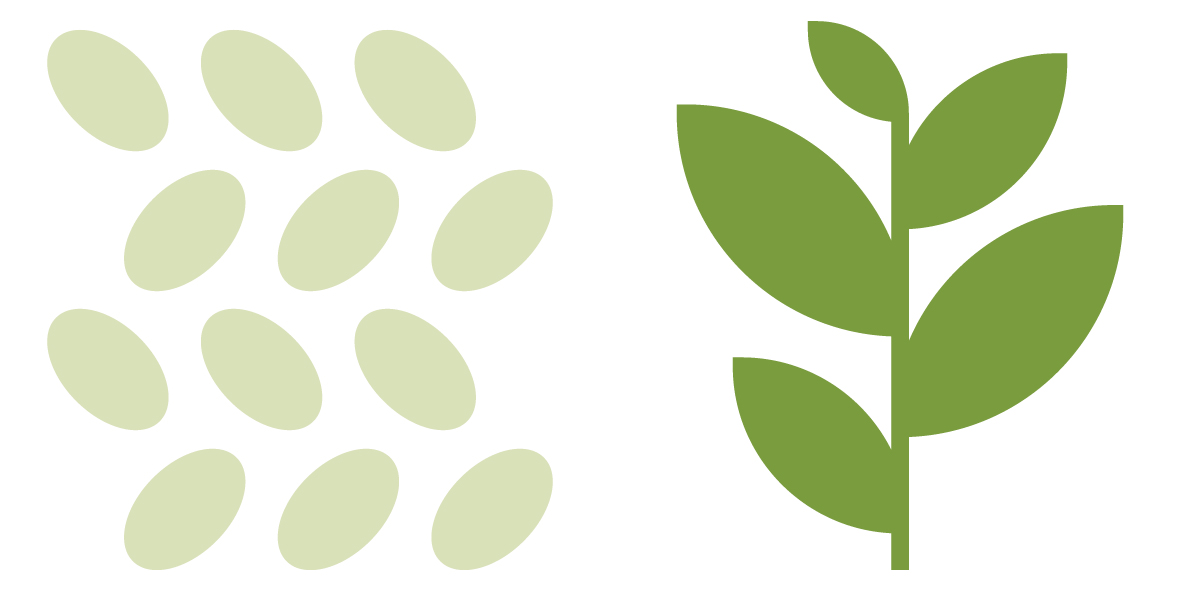
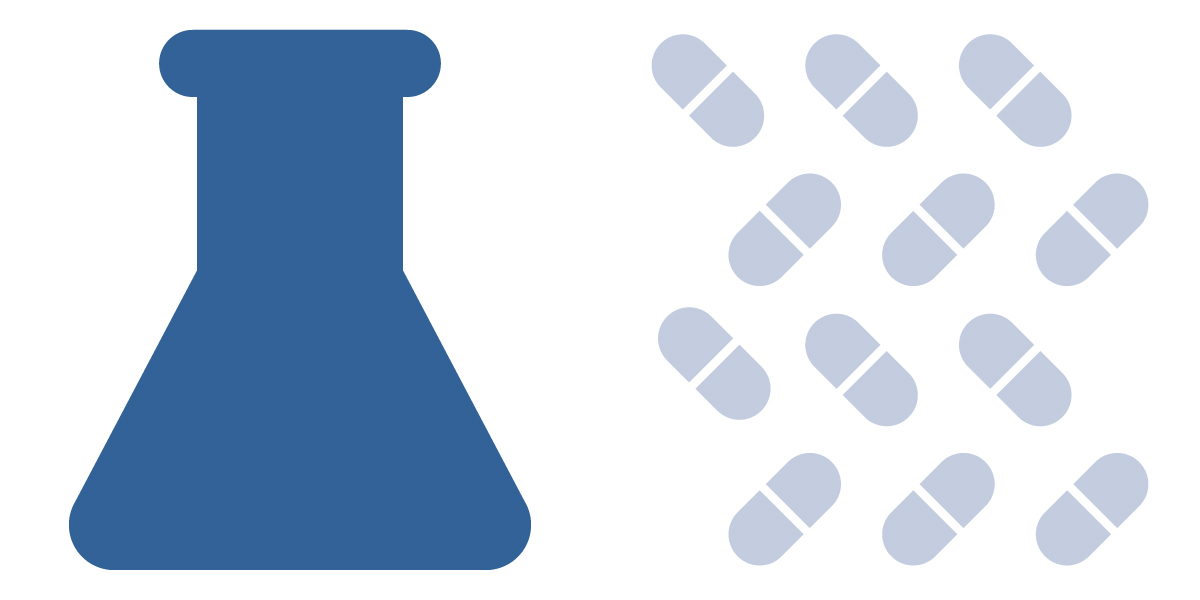
In fact, researchers have looked at some of the reasons why people have that belief. What they found is that a person's preference for natural things involves a range of ideas, including the belief that nature is pure and inherently superior to humans. Researchers have also found that these beliefs, or biases, affect the decisions people make about their health.
Nature has been good to us. Nature gave us aspirin and morphine, and other medicines derived from plants. The use of plants as medicines has a long history in the treatment of disease, and plants have played an important role in improving our health.
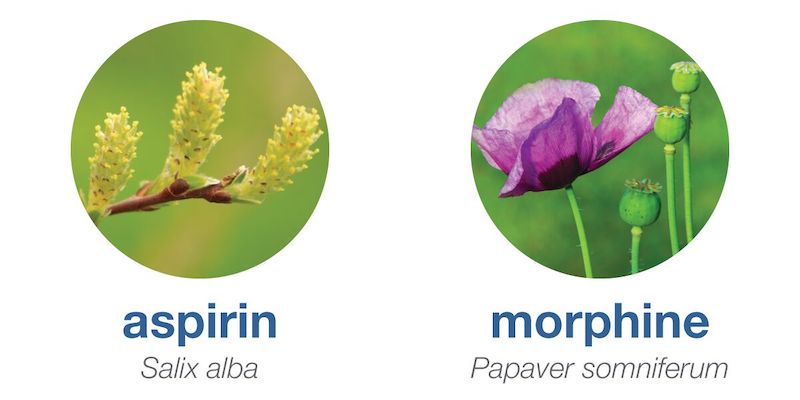
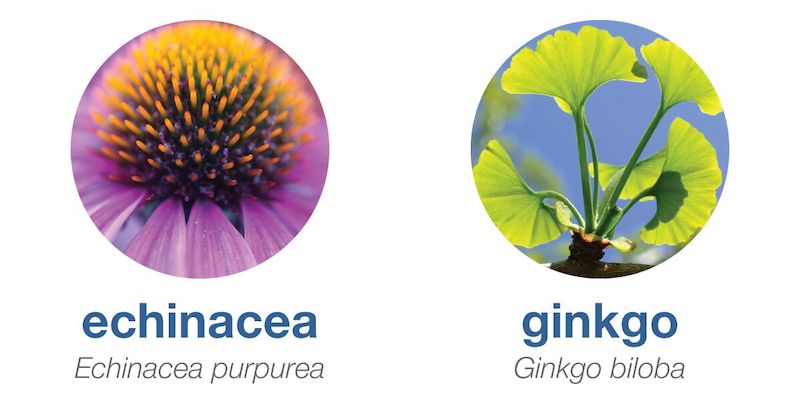
But not all products from nature have been shown to be effective.
Some dietary and herbal supplements have failed to show a benefit when scientists have studied them. For example, several major studies of the herb echinacea did not find evidence of benefit against the common cold. Studies of ginkgo, including a large study that enrolled more than 3,000 older adults, found that ginkgo supplements don’t help prevent or slow dementia or cognitive decline.
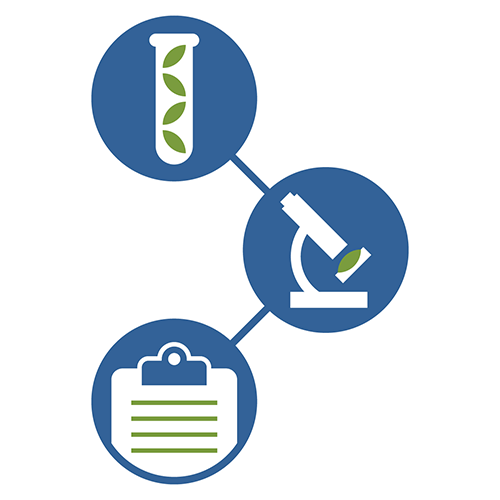
And “natural” medicines, contrary to what many may think, are not without side effects. Some can even have serious safety concerns.
For example, kava, a plant native to the islands of the South Pacific, and often used as a dietary supplement for anxiety, may be associated with severe liver damage. Ephedra, an evergreen shrub-like plant native to central Asia and Mongolia that has been used for centuries for colds, fever, and other conditions, is associated with heart problems and risk of death. In 2004, the U.S. Food and Drug Administration banned the sale of dietary supplements containing ephedrine alkaloids for safety reasons.
Some people also believe that “natural” products are safe because they believe these medicines are free of chemicals.
For many, the word “chemical” has come to mean toxic or synthetic, something to be avoided. But everything is made of chemicals—the apple on your kitchen countertop, the ceramic mug in your cupboard, and even the air that you breathe. In fact, you are made up of chemicals, too.
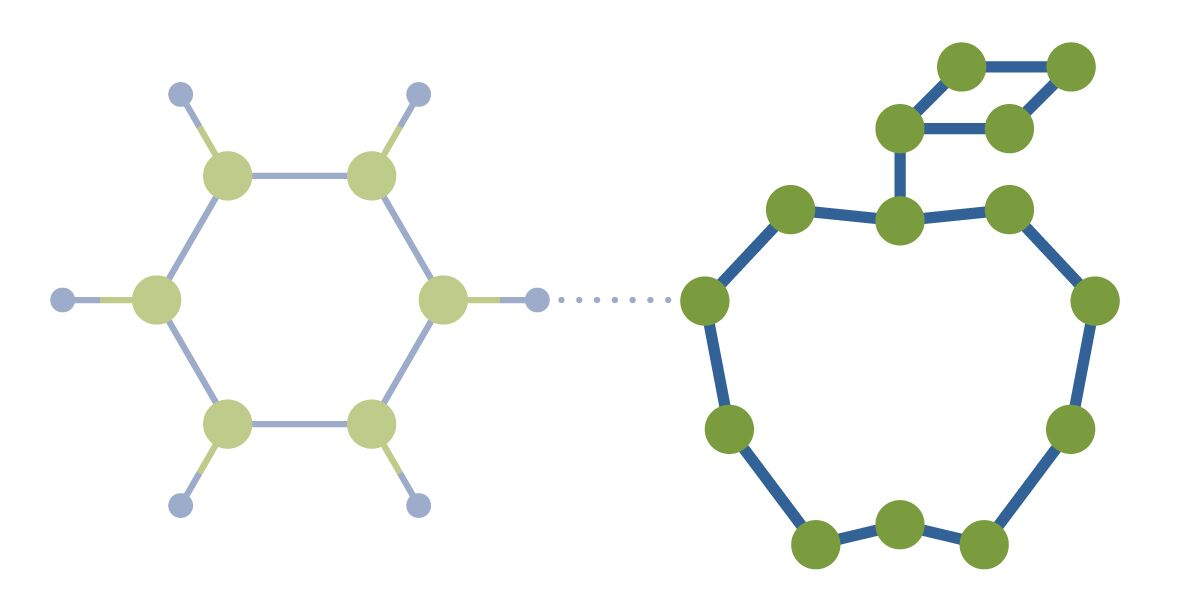
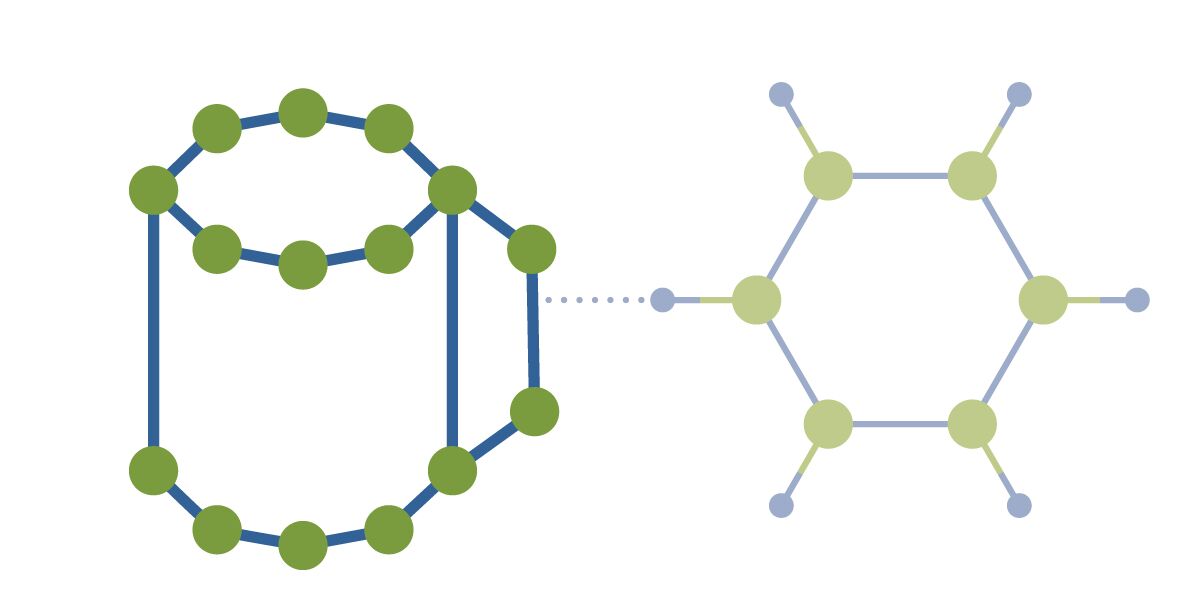
Some chemicals are harmful. Toxic chemicals are substances that may be harmful to the environment or hazardous to your health if inhaled, ingested, or absorbed through the skin. Chlorine and isopropyl alcohol are examples of some of the toxic chemicals commonly used in certain industries. But there are many toxic chemicals that occur in nature as well—mercury, snake venom, arsenic, and ricin from castor beans. Some chemicals, like iron and oxygen, are necessary for us to live, but at high doses are toxic and can even cause death. Natural medicines such as herbal and dietary supplements are made up of chemicals, too, just like everything else.
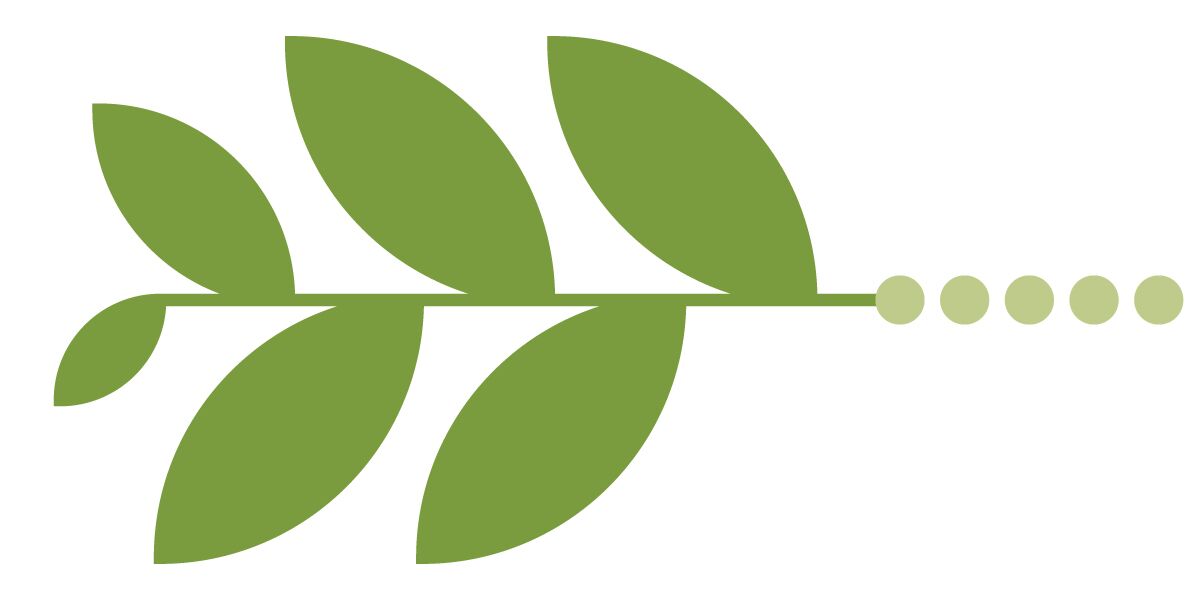

But it’s important to understand that although many herbal or dietary supplements (and some prescription drugs) come from natural sources, “natural” does not always mean that it’s a safer or better option for your health. An herbal supplement may contain dozens of chemical compounds, and all of its ingredients may not be known. Scientists are studying many of these products to identify what ingredients may be active and to better understand their effects in the body.
For more information about the safety and effectiveness of natural products such as herbal or dietary supplements, check out our Herbs at a Glance series on our website. When you know the science, you can make informed decisions about your health.